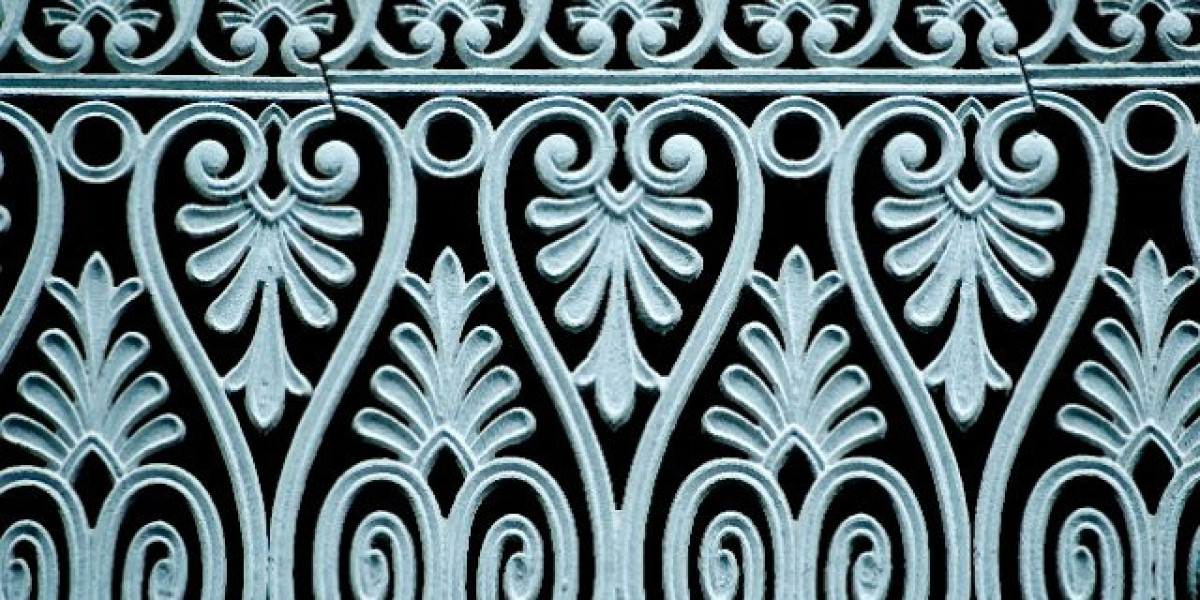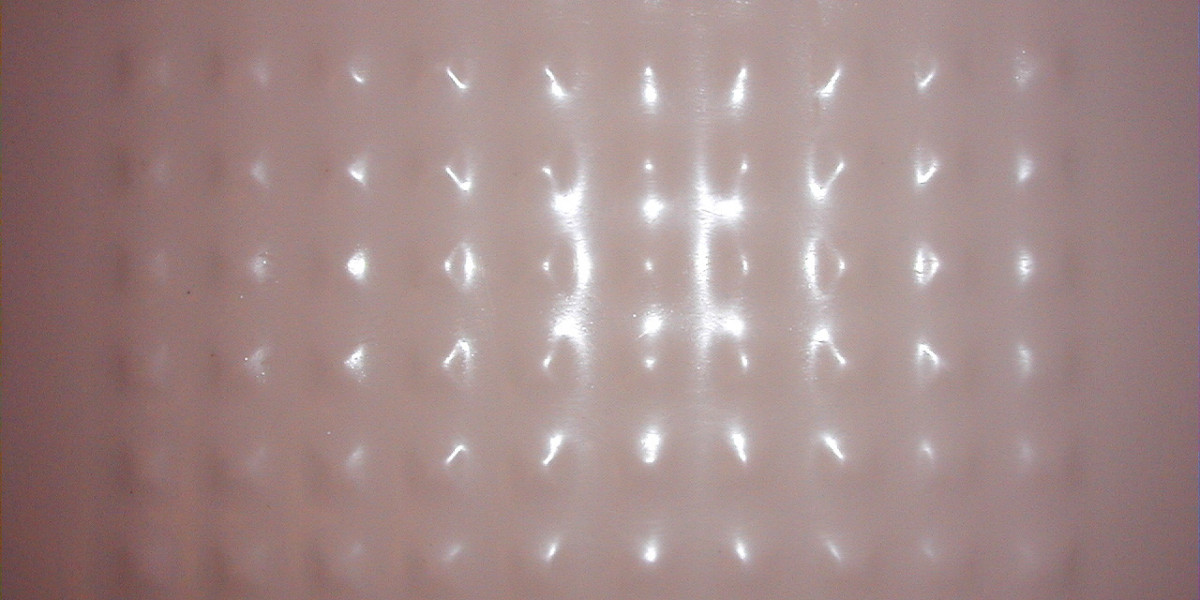KPV peptide is a short synthetic tripeptide derived from the C-terminal region of collagen that has been studied for its anti-inflammatory and tissue-repair properties. In addition to its direct therapeutic potential in conditions such as arthritis, wound healing, and certain neurodegenerative disorders, KPV is often incorporated into formulations that also contain hydrolyzed collagen because the peptide can act synergistically with collagen’s bioactive fragments to modulate inflammation, promote cell migration, and enhance tissue regeneration.
Benefits of Hydrolyzed Collagen and How to Use It
Hydrolyzed collagen is produced by enzymatically breaking down whole-collagen proteins into smaller peptides that are more readily absorbed in the gastrointestinal tract. These peptides carry a range of functional benefits: they support skin elasticity and reduce wrinkles, improve joint health by stimulating cartilage matrix synthesis, enhance gut barrier integrity, aid muscle recovery after exercise, and contribute to overall connective tissue resilience. The most common ways to use hydrolyzed collagen include adding it to smoothies, coffee, or telegra.ph protein shakes; mixing it into soups or sauces for a convenient boost; taking it in capsule form as a daily supplement; or using it topically in skin care products that aim to increase dermal collagen content.
Understanding Collagen and Hydrolyzed Collagen
Collagen is the most abundant structural protein in mammals, providing tensile strength and shape to tissues such as bone, skin, tendon, ligament, and cartilage. In its native form, collagen exists as a triple-helix structure with a high proportion of glycine, proline, and hydroxyproline residues. When this triple helix is denatured through heat or acid treatment it becomes gelatin; further enzymatic hydrolysis yields hydrolyzed collagen peptides. Because these peptides are smaller (typically 2–20 amino acids long), they bypass the normal digestive steps required for large proteins and can be absorbed directly into circulation, where they circulate to sites of tissue damage or inflammation.
Hydrolyzed Colllagen Supplement Facts
A typical hydrolyzed collagen supplement is formulated as a powder that contains about 10 grams of collagen peptides per serving. The nutrient profile often lists the following key components:
- Collagen Peptides (hydrolyzed) – 10 g
- Vitamin C – 50 mg (to support collagen cross-linking in vivo)
- Zinc – 5 mg (cofactor for enzymatic processes involved in tissue repair)
- Magnesium – 20 mg (supports muscle function and metabolic pathways)
- Sodium – 100 mg (helps maintain electrolyte balance)












